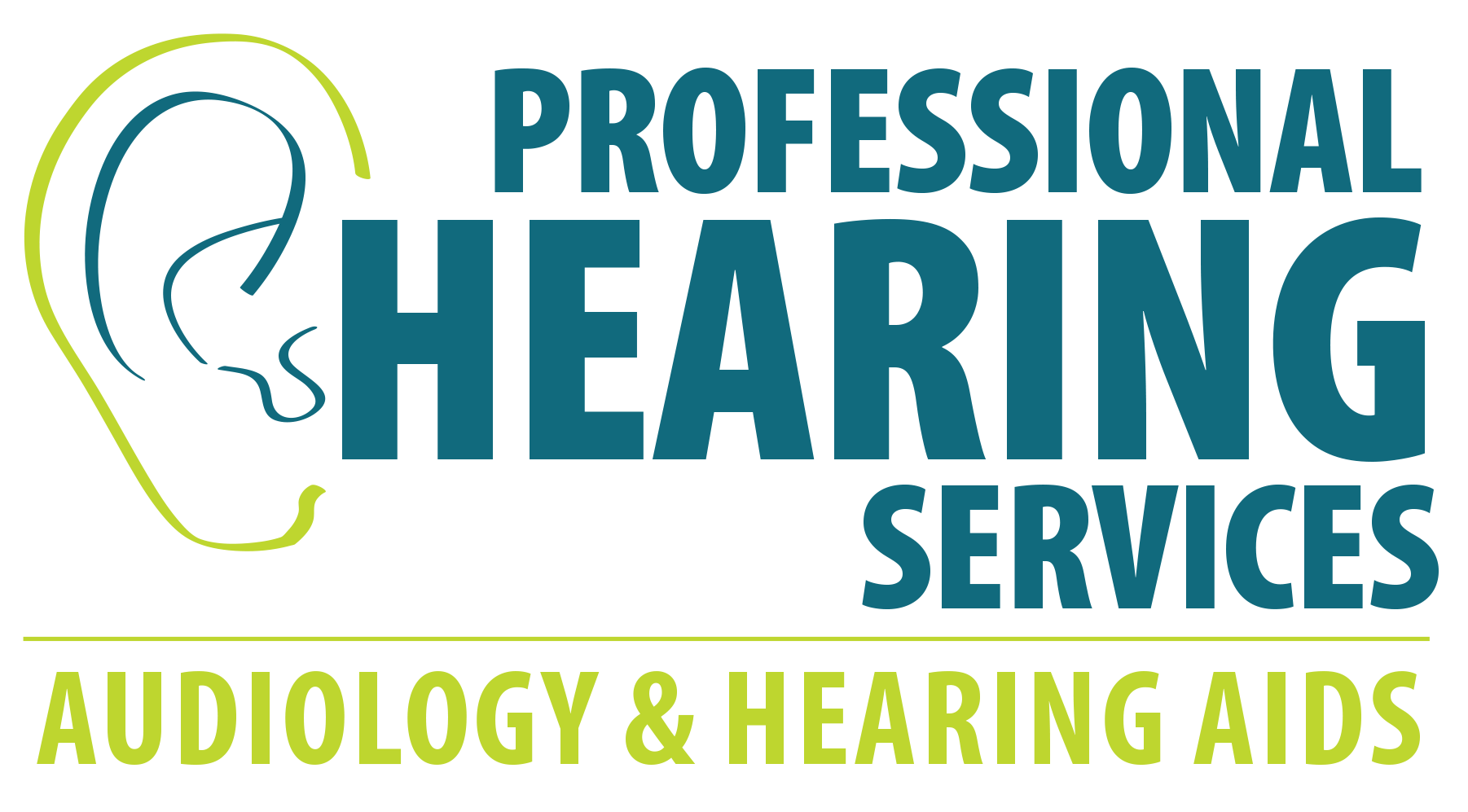Tips for Reducing Ear Fatigue
Most of us don’t think twice about our hearing until something goes

By: admin | August 21, 2025
Summer heat can affect your hearing aids in ways you might not expect, even though these devices are built to handle daily wear and regular use. When temperatures climb and you’re spending more time outdoors or in hot cars, your hearing aids face challenges that don’t exist during cooler months. The heat can impact everything from battery performance to the sensitive electronic components inside your devices. While hearing aids are designed to be durable, extreme temperatures push them beyond their normal operating conditions and can cause temporary or more serious issues if you’re not prepared.
The good news is that protecting your hearing aids from summer heat doesn’t require major lifestyle changes or expensive technology. With some basic awareness about how heat affects these devices and simple preventive steps, you can enjoy all your favorite warm-weather activities without worrying about damaging your hearing aids. Most heat-related problems are completely preventable when you know what situations to watch out for and have a plan for keeping your devices cool and dry.
High temperatures can affect the tiny components inside your hearing aids, even though they are built to be durable. When exposed to heat, parts inside the device may expand, shift or weaken, which can alter the way sound is processed. This may lead to changes in sound quality, reduced clarity or even shorter battery life. Because hearing aids rely on highly precise technology, even slight shifts caused by heat can make a noticeable difference in how they perform.
To prevent these issues, it helps to be mindful of where you store your devices. Avoid leaving them in places where heat builds quickly, like a parked car, a sunny windowsill or even a pocket in direct sunlight. If your hearing aids do get warm, give them time to cool down before using them again. Keeping them in a cool, dry place when not in use will protect the delicate parts inside and help ensure reliable performance throughout the summer.
Moisture and humidity can also affect how well your hearing aids work. You might notice muffled sound or temporary loss of function after being outside on a humid day. Moisture from the air, sweat or rain can reach the small parts inside, leading to static, weak sound or even device failure. Over time, this extra moisture may damage microphones and speakers.
Using a drying kit or storage box designed for hearing aids helps remove unwanted moisture. Wiping your devices with a soft cloth after being outside is another easy way to keep them dry. Keeping hearing aids away from water and damp places will help them last longer and work better each day.
During hot weather, you may notice subtle but important differences in how your hearing aids work. High temperatures can interfere with the internal electronics, which may lead to weaker sound, reduced clarity or sudden shut-offs. Batteries also tend to drain more quickly in extreme heat, leaving you with less listening time than usual. In some cases, you might hear extra static or feedback, or even notice that your device feels warmer than normal when you touch it.
These changes can be frustrating, especially if they happen during a conversation or while you are out enjoying summer activities. Because hearing aids are made with highly sensitive components, even small shifts caused by heat can affect performance in noticeable ways. Paying attention to these signs helps you understand what might be happening and gives you a chance to address the issue before it interrupts your day.
Hearing aid batteries often drain faster in hot weather. High temperatures speed up the chemical reactions inside batteries, causing them to lose power more quickly. Humidity and sweat can also get into the battery compartment, making it harder for batteries to work as they should.
To help your batteries last longer, store extras in a cool, dry place and avoid leaving your hearing aids or spare batteries in direct sunlight or a warm car. If you notice faster battery drain during summer months, changing them out before they run low can help prevent sudden shut-offs. Keeping both your hearing aids and their batteries dry supports better performance even on the hottest days.
Sweat is a common concern for hearing aid users during hot weather or physical activity. When sweat gets into your hearing aids, it can cause static, muffled sound or temporary device failure. Sweat carries salt and moisture that can reach the small parts inside and may lead to corrosion over time.
Wiping your hearing aids with a soft, dry cloth after sweating helps remove moisture and protect them from damage. Using covers made for hearing aids can also help keep sweat out of important areas.
Wearing hats or headbands in hot weather is common, but some materials can trap heat and moisture around your ears and hearing aids. Thick or non-breathable fabrics may cause more sweating and increase the risk of moisture getting into your devices.
Choose lightweight hats or headbands made from breathable materials like cotton to help reduce heat build-up around your ears. Look for options that allow air to flow freely so sweat dries faster and less moisture reaches your hearing aids. Avoid tight-fitting headwear that presses directly on your devices, as this can block airflow and raise temperatures near sensitive parts.
Several summer accessories are made specifically with hearing aid users in mind, giving you extra protection during the hottest months of the year. These accessories can help shield your devices from heat, sweat and moisture while still allowing you to enjoy time outside without worry. Whether you are exercising, gardening or just spending the afternoon in the sun, having the right gear can make a noticeable difference in how your hearing aids perform and how comfortable you feel wearing them.
Hearing aid sleeves or covers provide a thin but effective barrier against dust, sweat and splashes of water while still letting sound reach your ears clearly. Sweatbands worn around the forehead can catch perspiration before it has the chance to interfere with your devices. For more active situations, clips or retention cords add an extra layer of security by keeping your hearing aids in place if they get bumped or jostled. Each of these options is simple to use and can give you more confidence to enjoy your summer activities while keeping your hearing aids protected.
Proper storage during hot days helps prevent damage and keeps your hearing aids working well. Always keep your devices in a cool, dry place away from direct sunlight or heat sources.
A hard storage case with good ventilation is best for protecting hearing aids from both heat and moisture, especially if you need to take them off while outside. Using a drying kit overnight can also help remove any sweat or humidity that builds up during the day.
Summer often means more time outdoors, which also means your hearing aids are likely exposed to extra sweat, dust and moisture. Regular cleaning during this season is especially important to keep them working their best. Wiping your devices daily with a soft, dry cloth helps remove any buildup that can interfere with sound quality. Pay special attention to the microphone openings and the battery compartment, since these areas are especially vulnerable to debris.
You can also use a small brush or cleaning tool to gently clear away particles that may have collected throughout the day. If you use domes or earmolds, check them often for signs of buildup and clean them as recommended by your provider. Establishing a simple summer cleaning routine not only helps your hearing aids perform more reliably, but also extends their overall lifespan. Consistent care goes a long way in keeping your devices ready for everything the season brings.
During the summer, it can sometimes be tricky to know whether a change in your hearing aids is caused by the heat, extra moisture or something more serious. Occasional static or a brief battery issue after being in the sun might not be a major concern, but if the problems continue after your devices have cooled down and been cleaned, it’s a good idea to reach out to your audiologist. Persistent weak sound, ongoing feedback or frequent shut-offs can be signs that your hearing aids need professional attention rather than just a simple adjustment at home.
You should also make an appointment if your devices seem to be draining batteries at an unusual rate during the warmer months. While heat can cause batteries to deplete faster, consistent issues may point to a deeper problem with the electronics inside. Another reason to check in is if you notice that your hearing aids are uncomfortably warm to the touch even after being in a shaded area, as this can signal stress on the internal components.
It’s also worth contacting your audiologist if your hearing aids no longer provide the clarity you rely on in everyday situations, like conversations outdoors or while attending summer events. Your audiologist can determine whether your devices simply need a thorough cleaning and tune-up, or if hearing aid repairs are required. Reaching out sooner rather than later helps you stay confident that your hearing aids are performing as they should, no matter the weather.
You don’t have to let the heat slow you down or make you second-guess wearing your hearing aids. By being mindful of where you store your devices and paying attention to changes in performance, you can avoid most of the problems that come with summer temperatures. Small habits, like keeping your hearing aids out of direct sunlight and giving them a quick check after time outdoors, go a long way in keeping them reliable when you need them most.
If you do run into issues that don’t resolve with cleaning or battery changes, that’s when it’s time to get professional support. We’re here to help make sure your devices are working as they should all year long. For guidance or repairs, contact Professional Hearing Services in Texarkana, Texas at (903) 792-3986. With the right care and a little planning, you can enjoy every part of summer without worrying about your hearing aids.
Tags: hearing aid basics, hearing aid repair, hearing aid styles

Most of us don’t think twice about our hearing until something goes
By: admin | December 21, 2025

Summer heat can affect your hearing aids in ways you might not expect,
By: admin | August 21, 2025

In the world of hearing health, technology and treatment approaches evolve
By: admin | April 24, 2025
